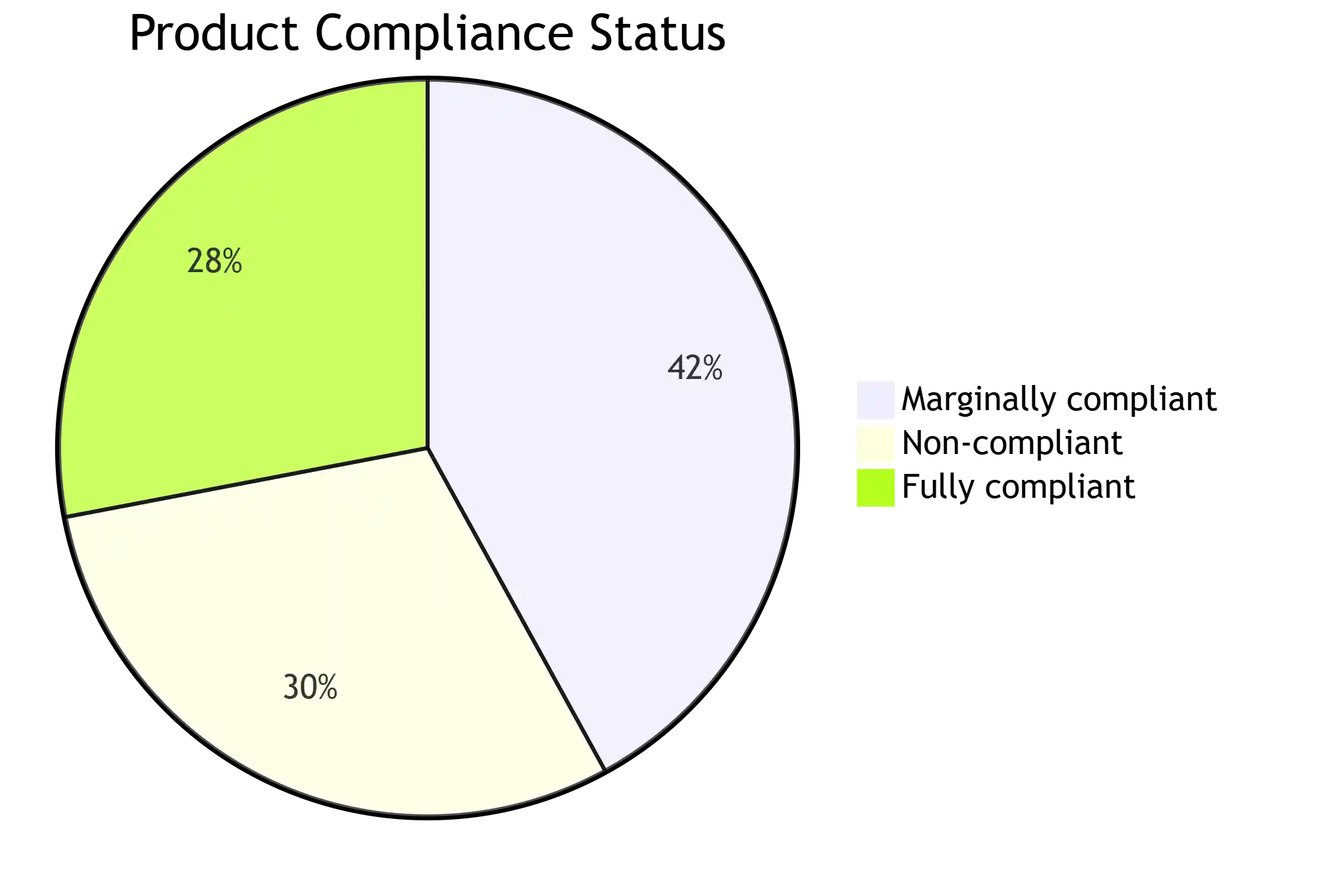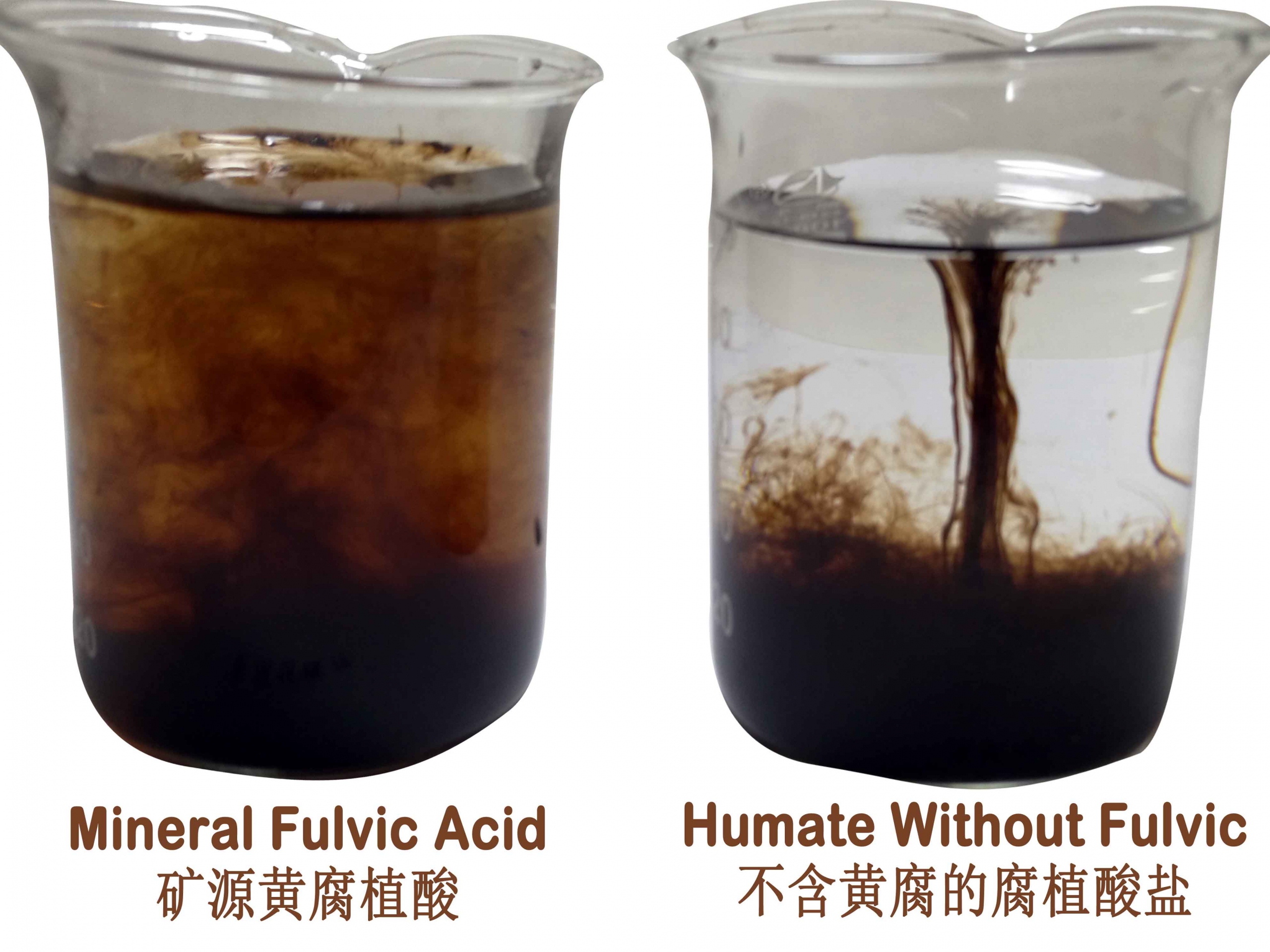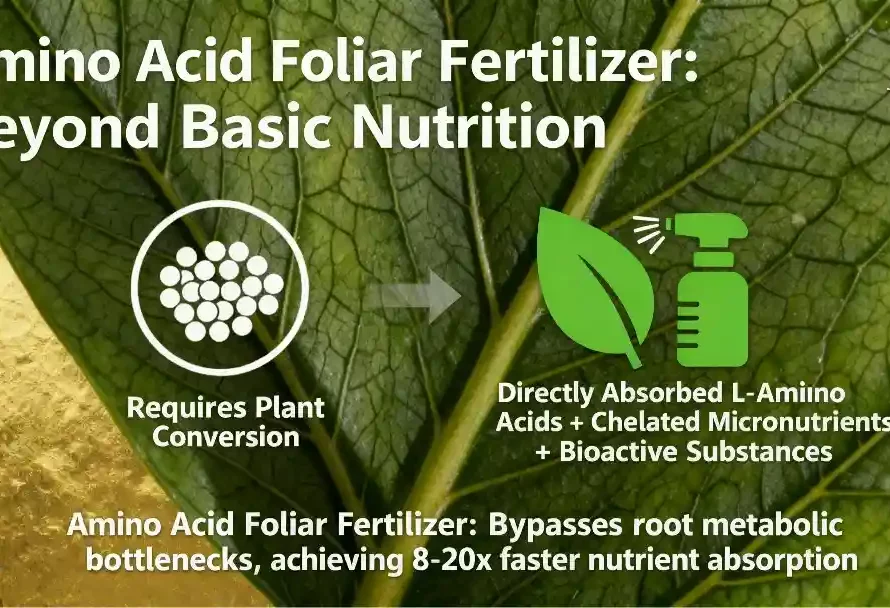- 1. 1. Comprehensive Analysis of China’s Amino Acid Fertilizer Price
- 1.1. 1.1 Price Segmentation & Market Structure
- 1.2. 1.2 Compliance Gap Analysis
- 2. 2. Technological Advantages Behind Premium Products
- 2.1. 2.1 Molecular-Level Quality Differentiation
- 2.2. 2.2 Production Process Comparison
- 3. 3. Scientific Mechanisms of Amino Acid Fertilizers
- 3.1. 3.1 Nutrient Absorption Efficiency
- 3.2. 3.2 Synergistic Bio-Stimulant Effects
- 4. 4. Quality Assessment Guidelines
- 4.1. 4.1 Field-Test Methods
- 4.2. 4.2 Laboratory Verification
- 5. 5. Strategic Recommendations
- 5.1. 5.1 Manufacturer Upgrade Pathways
- 5.2. 5.2 Buyer Decision Matrix
1. Comprehensive Analysis of China’s Amino Acid Fertilizer Price

1.1 Price Segmentation & Market Structure
The Chinese amino acid fertilizer price market exhibits a distinct “dual-track” phenomenon:
Market Price Comparison:
| Parameter | Budget Segment ($350-500/ton) | Standard Segment ($800-1000/ton) | Premium Segment ($1250-1700/ton) |
|---|---|---|---|
| Market Share | 65% | 25% | 10% |
| Raw Materials | Leather/hair hydrolysates | Food-grade plant proteins | Pharmaceutical-grade substrates |
| Amino Acid Content | <80g/L | 100-120g/L | 180-200g/L (50% oligopeptides) |
| Heavy Metal Risk | Cr up to 120ppm | <50ppm | <20ppm (EU compliant) |
| PGR Usage | 42% products contaminated | Regulated additives | 100% PGR-free |
1.2 Compliance Gap Analysis
2023 MOA inspection data reveals:

Top 3 non-compliance issues:
- Insufficient amino acids (avg. 62% of claimed content)
- Deficient micronutrients (Zn+Mn+B <15g/L)
- Undeclared plant growth regulators (17% detection rate)
2. Technological Advantages Behind Premium Products
2.1 Molecular-Level Quality Differentiation
| Parameter | Domestic Standard | International Premium | Improvement |
|---|---|---|---|
| Avg. Molecular Weight | 3000-5000Da | 500-1000Da | 80% reduction |
| L-Amino Acid Ratio | 60-75% | ≥90% | +30% purity |
| Oligopeptide Content | <10% | 40-50% | 5x higher |
2.2 Production Process Comparison
Conventional Acid Hydrolysis:
- Uses concentrated HCl (pH<1)
- High temp (>100°C)
- Destroys 70% bioactive compounds
- Leaves chloride residues (>3%)
Advanced Enzymatic Process:

Critical parameters:
- Temperature: 50±2°C
- pH: 6.5-7.0
- Degree of hydrolysis: 25-30%
- Pasteurization: 72°C/15s
3. Scientific Mechanisms of Amino Acid Fertilizers
3.1 Nutrient Absorption Efficiency
(Data from CAAS 2023 trials)
| Nutrient Form | Uptake Rate | Utilization | Duration | Physiological Role |
|---|---|---|---|---|
| Free Amino Acids | Fast | 35-45% | 7-10 days | Basic nutrition |
| Oligopeptides (2-10) | Very Fast | 55-65% | 15-20 days | Nutrition + signaling |
| Polypeptides (11-50) | Slow | 25-35% | 30-45 days | Slow-release N source |
3.2 Synergistic Bio-Stimulant Effects
Premium formulations typically contain:
-
Amino Acid Derivatives:
- Betaine (stress tolerance)
- GABA (stress response)
-
Botanical Bioactives:
- Seaweed polysaccharides (root development)
- Flavonoids (photosynthesis enhancement)
-
Microbial Metabolites:
- Poly-γ-glutamic acid (water/nutrient retention)
- Chitooligosaccharides (disease resistance)
4. Quality Assessment Guidelines
4.1 Field-Test Methods
-
Solubility Test:
- Premium: 100% water-soluble
- Inferior: Cloudy solution/oily film
-
Low-Temperature Test:
- Quality product: Stable at -5°C/24h
- Substandard: Precipitation/crystallization
-
pH Verification:
- Genuine: pH 4.5-6.5 (plant-safe)
- Adulterated: Often pH<3
4.2 Laboratory Verification

Key benchmarks:
- Total heavy metals ≤50ppm (Cd≤5ppm)
- Free amino acids ≥100g/L
- Oligopeptides ≥30%
- Germination index ≥80%
5. Strategic Recommendations
5.1 Manufacturer Upgrade Pathways
-
Raw Material Standards:
- Implement HACCP-certified sourcing
- Establish blockchain traceability
-
Process Optimization:
- Adopt ceramic membrane filtration
- Develop low-temp concentration tech
-
Formula Innovation:
- Crop-specific formulations
- Bio-stimulant cocktails
5.2 Buyer Decision Matrix
Amino acid fertilizer Price-Performance Guide:
- Field crops: $700-850/ton
- Cash crops: $1100-1400/ton
- Organic production: $1400-1700/ton
Supplier Evaluation: ✅ Valid fertilizer registration ✅ Batch-specific COA ✅ On-farm trial data
How to make real amino acid fertilizer?
The relative molecular weight of free amino acid is the smallest. It’s also the kind required by amino acids water-soluble fertilizer registered by Chinese Ministry of Agriculture.
In theory, it would be considered that the smaller the molecular weight, the easier it is to be absorbed. But it may not be exactly like that. More than a dozen different free amino acids will compete and antagonize each other in the process of being absorbed by plants. Just as the sixteen nutrients we know, promote each other, compete and antagonize each other.
Although the polypeptide, oligopeptide and amino acid are gradually decomposed from the protein, the oligopeptide has the unique physiological function (growth regulation, disease resistance, etc.), which the amino acid does not possess. It is more easily absorbed by the plant, and does not consume the energy of itself.
The oligopeptide, the polypeptide are also an endogenous hormone of plant, which plays an important role in the development of the plant. The action mechanism of the polypeptide hormone is very complex. Only the oligopeptide can have thousands of different combinations.
A highly functional amino acid bio stimulant is not only the amino acid and the oligopeptide, the polypeptide. Many foreign enterprises will add some biologically active substances which can increase the function. Such as the derivatives of the amino acids, the vitamin series,the plant extracts, seaweed, etc..All of these could take full advantage of the functionality of these active substances.





